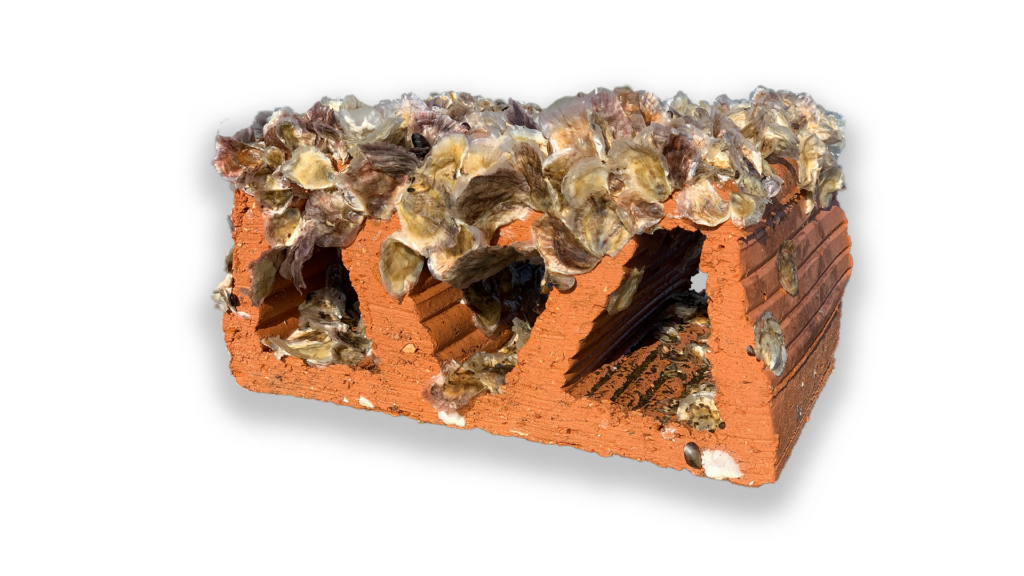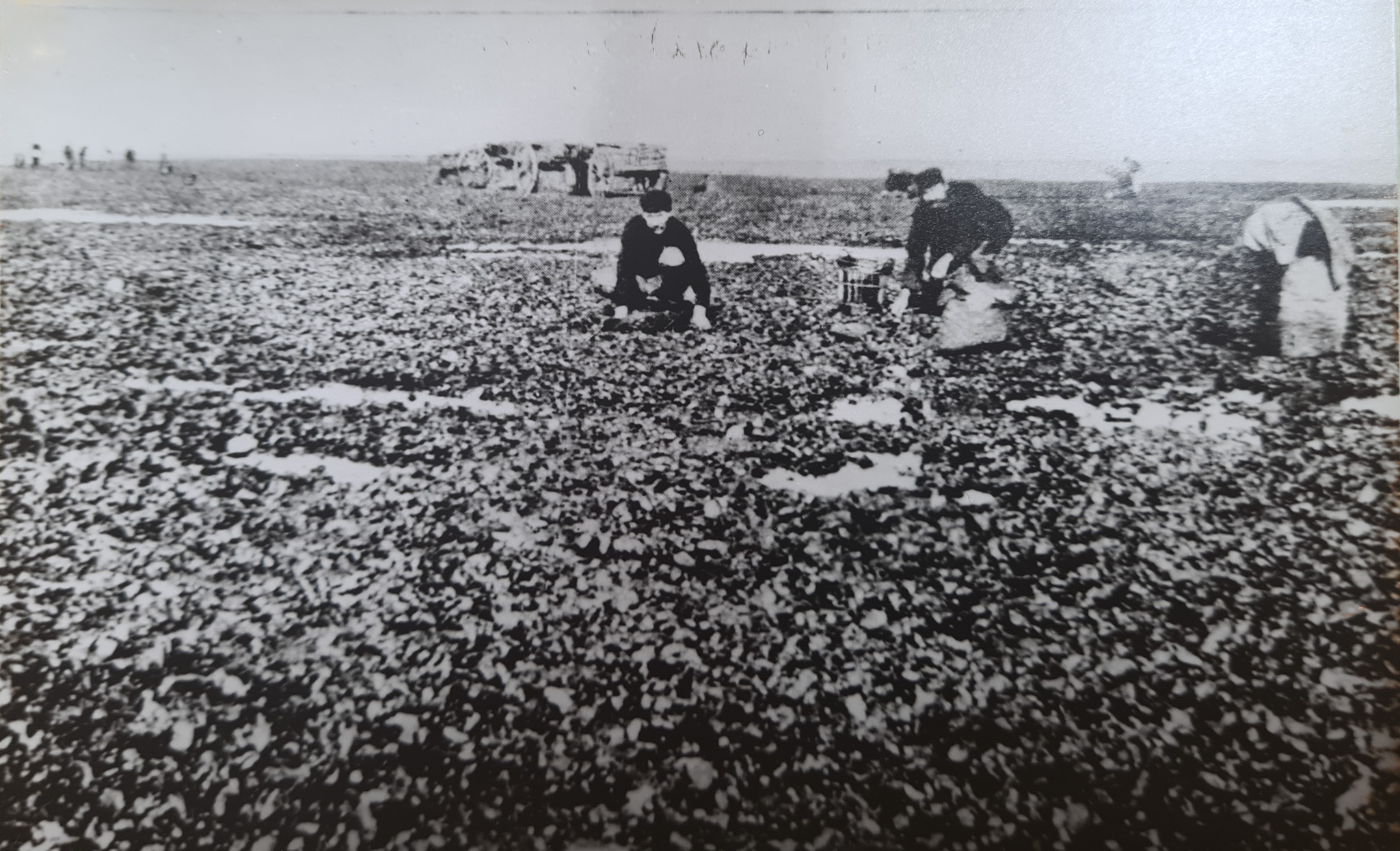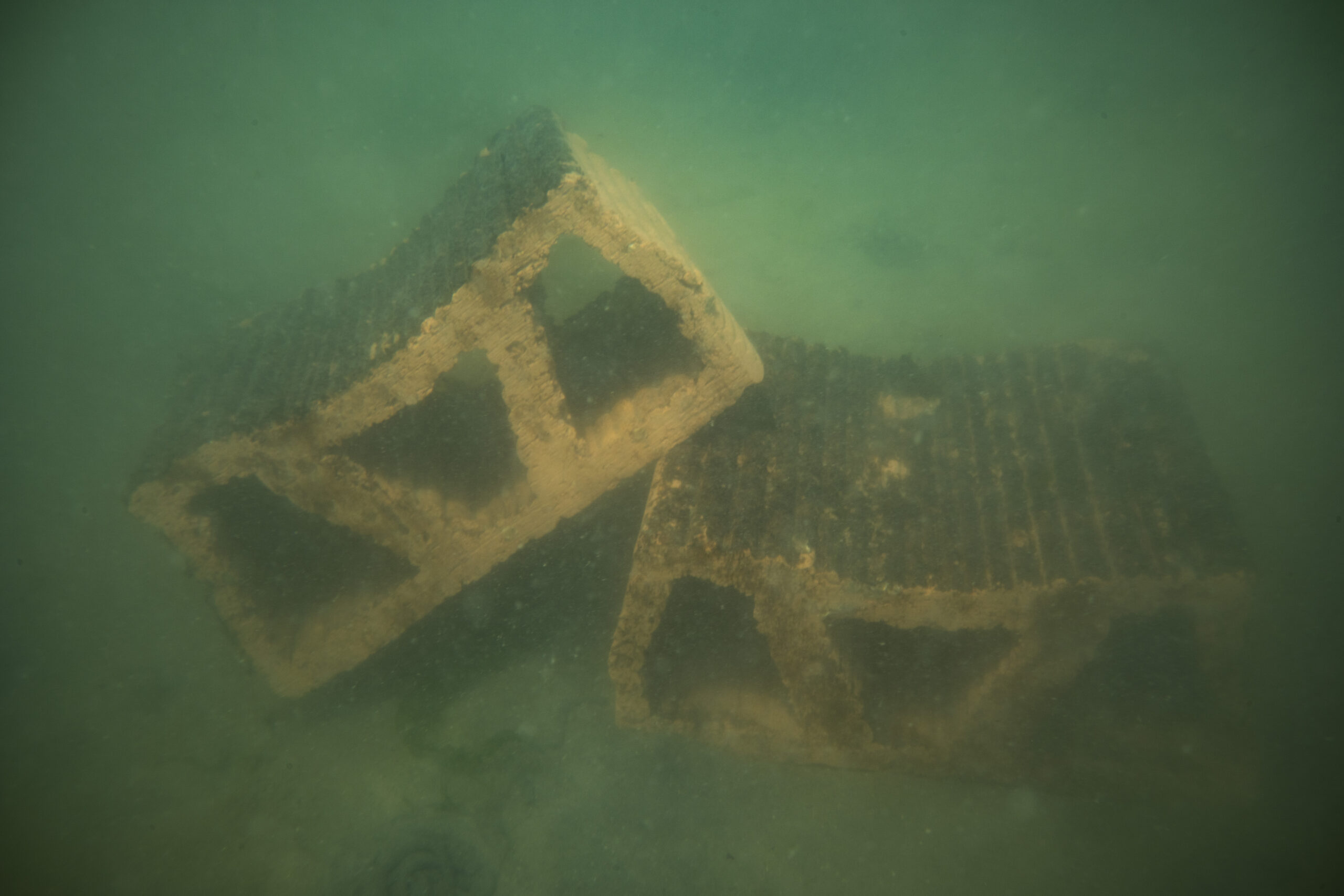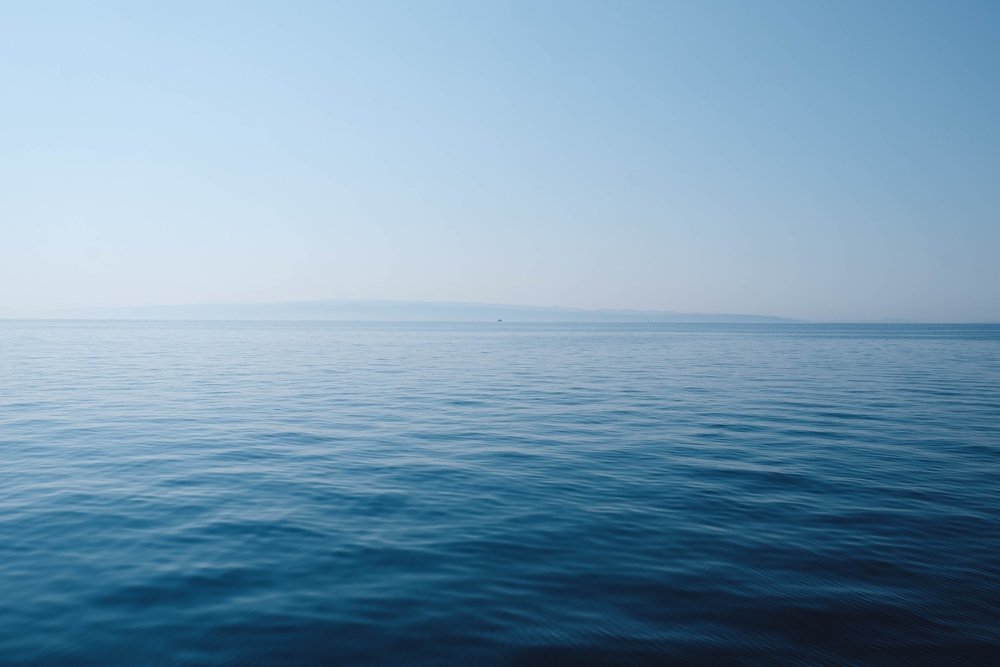
Back in the 19th century, the North Sea was an oyster paradise. These bivalves were not only a culinary delight but also played a vital role in our coastal ecosystems. However, today, their presence in the wild is very rare. What happened to oyster reefs, and why are flat oysters nearly extinct in nature?
When flat oysters (ostrea edulis) were abundant in the waters around the North Sea, they were a very common source of protein in people’s diets. From London’s historic oyster houses to coastal villages, they were affordable and available for all. In the year 1864, over 700 million oysters were consumed in London alone! As the demand grew, so did the commercial oyster harvesting industry. Unfortunately, this enthusiasm led to overharvesting and the massive destruction of oyster reefs.

Apart from overharvesting, flat oysters faced other challenges that pushed them closer to the brink of extinction. Environmental stressors, such as pollution, habitat degradation, and climate change, took a toll on their already fragile populations. These stressors weakened the oysters, making them more susceptible to diseases like Bonamia.
Oyster reefs are three-dimensional structures of oysters that grow on top of each other and provide shelter to hundreds of marine species.
In the last decades, coastal development, dredging, and habitat destruction have led to the loss of these critical habitats. As these reefs were destructed, oyster populations – and other species that relied on them – could not reproduce and grow.
Today, efforts are being made to restore native oyster reefs, and we are confident it’s not too late. Our society is starting to realise the importance of the role that oyster reefs play in the ocean, and oyster restoration projects are gaining momentum. These efforts are not only crucial for the oysters themselves but also for the health of our coastal ecosystems.
At Oyster Heaven, we are well aware that for this global problem, we need a scalable solution. Fortunately, we found a way to regenerate lost oyster reefs at large scale in a financially sustainable and independent way thanks to our technology, the Mother Reef. You can learn more here.
Our goal: by 2027, 100 million oysters. And that’s just the start.


Make a measurable difference for the ocean today.
You can now adopt a Mother Reef and help restore 100 oysters!

